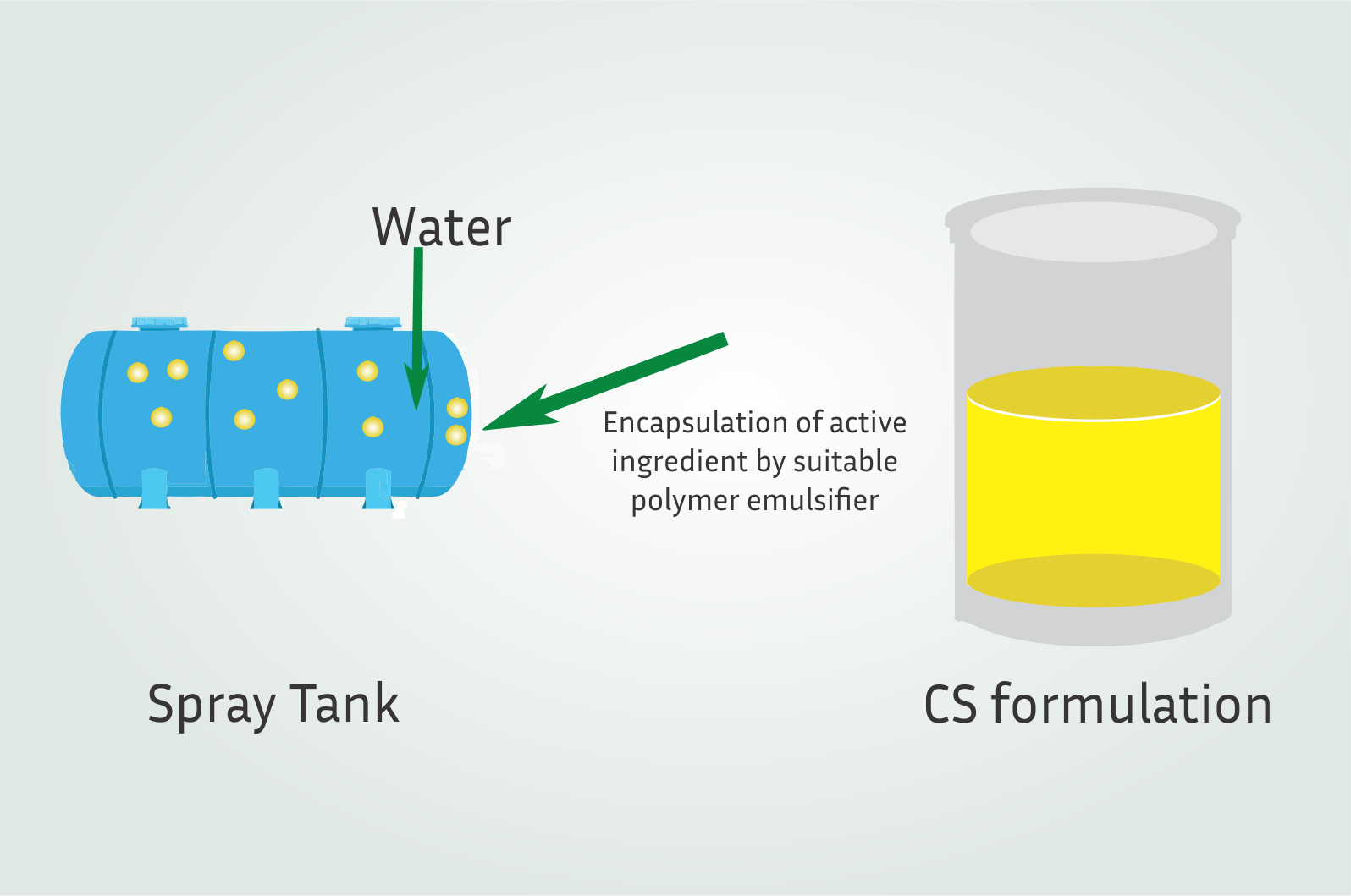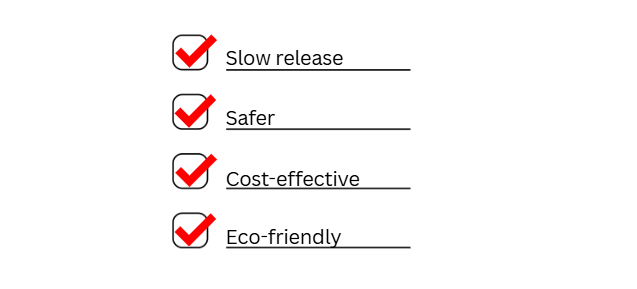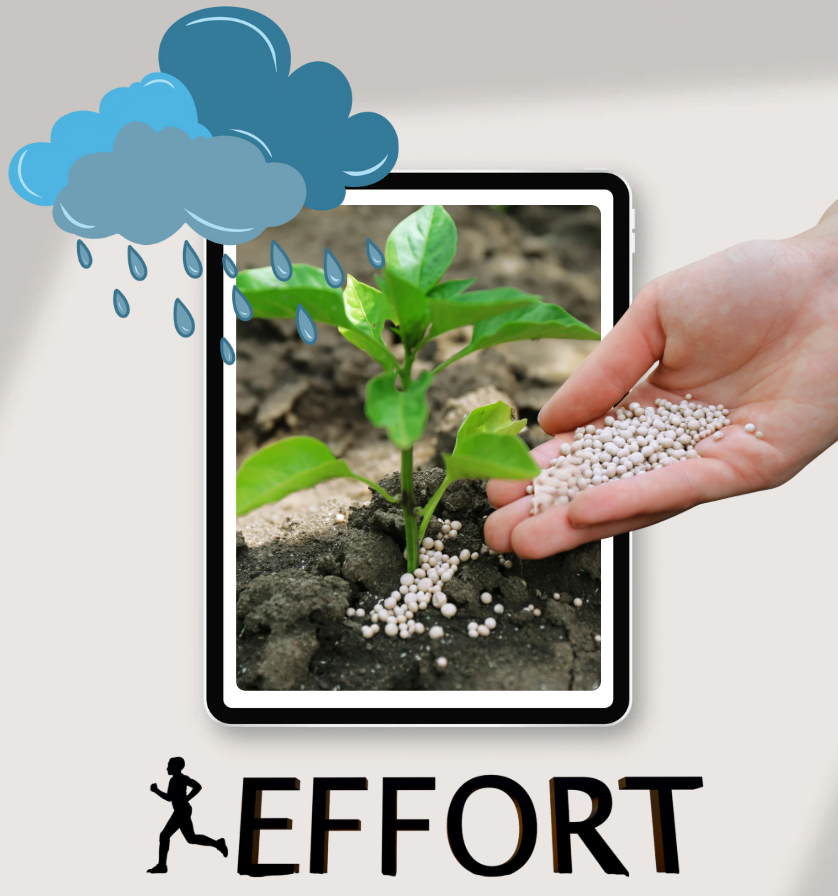
What Is Capsule Suspension (CS) Technology? What Benefits Does It Bring to Farmers?
In recent years, modern agriculture has increasingly focused on using safer, longer-lasting, and eco-friendly crop protection products. One of the standout innovations gaining popularity is Capsule Suspension (CS) technology.
So, what exactly is CS? Why is it considered a breakthrough in crop protection? And what benefits does it offer to farmers? Let’s explore in detail.
1. What Is CS (Capsule Suspension)?

CS (Capsule Suspension) is an advanced pesticide formulation, where the active ingredient is encapsulated in microscopic polymer capsules.
When sprayed onto crops, these capsules gradually release the active ingredient, ensuring extended efficacy while minimizing negative impacts on the environment, people, and plants.
💡 Think of CS as “a medicine with a protective coating” — releasing gradually when exposed to water, light, or humidity — making it more durable than conventional formulations such as EC (Emulsifiable Concentrate) or SC (Suspension Concentrate).
2. How Does CS Technology Work?

- The active ingredient is encapsulated in tiny polymer shells (just a few microns in size).
- After spraying, capsules adhere to the leaf and stem surfaces.
- Under suitable conditions (rain, irrigation, dew, sunlight), the capsules release the active ingredient slowly.
- The effect can last 10–120 days, depending on the product and field conditions.
3. Key Benefits of CS Formulation for Farmers

✅ Slow release – longer efficacy
- Only 1–2 sprays per season needed → lower labor costs.
- Provides weeks of protection, even after rainfall.
✅ Safer – less toxic, low odor
- Reduced toxicity for applicators (farmers, agronomists, sprayers).
- No strong, unpleasant smell like EC formulations.
- Minimal risk of leaf burn when applied correctly.
✅ Cost-effective in the long run
- While the upfront price may be higher, fewer applications mean savings on labor, fuel, and equipment wear → overall cost per season is lower.
✅ Eco-friendly – GAP & Organic compliant
- Lower chemical residues.
- Safe for perennial crops like coffee, pepper, and fruit trees.
- Accepted in VietGAP, GlobalGAP, and organic farming standards.
4. Common Applications of CS Formulations
|
Category |
Example Actives in CS Form |
Crops / Uses |
|
Insecticides |
Lambda-cyhalothrin CS, Emamectin benzoate CS |
Rice, vegetables, fruit trees |
|
Public health use |
Deltamethrin CS, Permethrin CS |
Mosquito & insect control (households, farms) |
|
Fungicides |
Certain triazole-based or mixed CS products (in development) |
Coffee, pepper, fruits (trial stage) |
🔬 In Vietnam, BMC is the pioneer manufacturer of CS formulations, leveraging modern technology in collaboration with partners from India, South Korea, and China.
5. When Should Farmers Use CS?

- During long rainy seasons → requires durable, rainfast products.
- For long-term protection against fungi/insects when frequent spraying is impractical.
- On perennial crops (pepper, coffee, durian, avocado, mango).
- In GAP/Organic/export production systems where residue control is critical.
6. Conclusion
CS microencapsulation technology is a major advancement in crop protection, helping farmers:
- Save costs
- Improve effectiveness
- Protect health and the environment
It represents the future trend of agriculture, especially as Vietnam transitions towards clean, safe, organic, and sustainable farming.
👉 Farmers should consider using CS formulations, particularly during critical crop stages where extended protection, labor savings, and higher safety standards are required.
Bình luận
Những bình luận mới nhất



